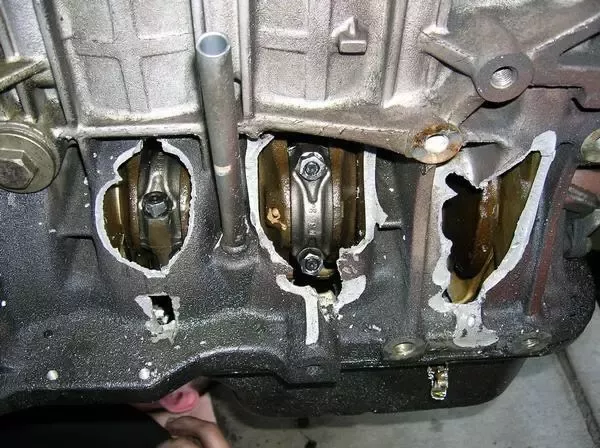How to Tell if Your Car Engine is Blown
Introduction
A blown engine is a serious problem that can lead to expensive repairs.
Knowing the signs and symptoms of a blown engine can help you identify
the issue early on and take steps to minimize the damage. In this
article, we’ll discuss how to tell if your car engine is blown and
what you should do if you suspect that it is.
Signs and Symptoms of a Blown Engine
There are several signs and symptoms that can indicate a blown engine.
Here are some of the most common ones:
White or Blue Smoke from the Exhaust
White or blue smoke coming from the exhaust is a classic sign of a
blown engine. White smoke usually indicates that coolant is leaking
into the combustion chamber, while blue smoke typically indicates that
oil is burning.
Loss of Power
A blown engine can cause a significant loss of power. This is because
the engine is unable to properly compress the air and fuel mixture,
which results in reduced power output.
Knocking or Ticking Noises
Knocking or ticking noises coming from the engine can be a sign of a
blown engine. These noises are caused by loose or damaged engine
components.
Overheating
A blown engine can cause the engine to overheat. This is because the
engine is unable to properly dissipate heat, which can lead to
overheating and potential engine damage.
Low Oil Pressure
Low oil pressure can be a sign of a blown engine. This is because the
engine is unable to maintain proper oil pressure, which can lead to
engine damage.
Metal in the Oil
Metal in the oil is a serious sign of a blown engine. This is because
the engine is unable to properly filter out metal particles, which can
lead to further engine damage.
What to Do if You Suspect a Blown Engine
If you suspect that your car engine is blown, it’s important to stop
driving immediately. You should contact a reputable mechanic as soon as
possible to have the engine inspected and repaired.
Depending on the severity of the damage, repairing a blown engine can
be expensive. However, catching the issue early on and taking steps to
minimize the damage can help to reduce the cost of repairs.
Conclusion
Knowing the signs and symptoms of a blown engine can help you identify
the issue early on and take steps to minimize the damage. By following
the advice in this article, you can help to keep your car running
smoothly and avoid costly repairs.





